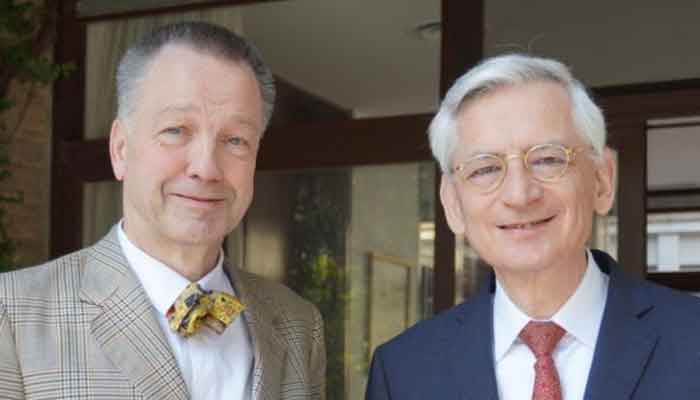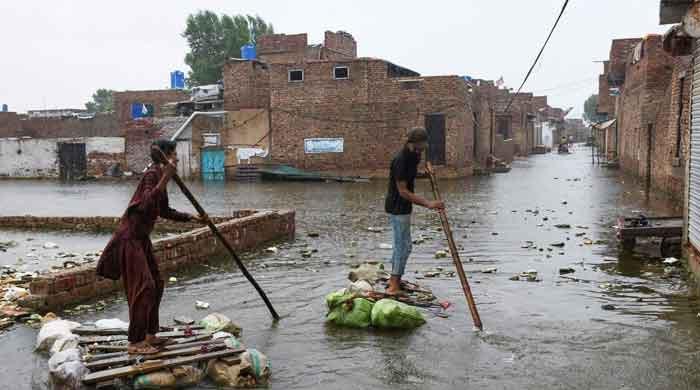Let us celebrate press freedom day and stand together for it today and everyday
'Free, independent and pluralistic media play an indispensable role in informing the public during the ongoing COVID-19 crisis'
May 03, 2020

Press freedom is never a given. It is threatened and should, therefore, be defended. What is striking today is that, in addition to the usual methods implemented by authoritarian regimes like censorship, threats against journalists, financial pressure, denial of access to information, political control and propaganda, new threats have emerged.
Large-scale online misinformation is undermining trust in democratic institutions and processes, including the press. A common method is to brand a media “mainstream” and pretend that there are other, more reliable sources of information. Post-truth, alt-info, reliance on social media are supposed to provide the public with the “real” news, hidden away from the public. At a time when less and fewer people buy and read a newspaper or its digital version, the trend to look for the information in non-professional media is increasing. It is a dangerous trap.
These self-proclaimed alternative media are the way some states, political parties or lobbies are pushing their own agenda: do away with democracy and real journalism to better manipulate masses and achieve control over them. Make the public believe it has a free opinion when it is only prompted to believe the unbelievable. Blur the very definition of concepts as freedom, peace or solidarity.
Democracy definitely needs free press and fact-checked information because citizens are entitled to have access to reliable news so that they can decide what is best for them. Trust is essential for democracy. It cannot be achieved without transparency and accountability provided and guaranteed by a free media.
Free and independent media have an important role in pushing back against disinformation by providing access to accurate, fact-based and verified information. In this context, it is essential that governments and private entities address disinformation, foremost, by providing reliable information themselves.
In 2019 France and Germany have launched the Alliance for Multilateralism. Within this framework, the International Democracy and Information Partnership, that gathers 35 countries, including Germany and France, is committed to promoting national and international legal frameworks encouraging freedom of opinion and expression and access to reliable information. The partnership also invites businesses, which play key roles in international news and information, to respect principles of transparency, responsibility and neutrality and to ensure that their activities are compatible with human rights in order to promote reliable information.
Free, independent and pluralistic media play an indispensable role in informing the public during the ongoing COVID-19 crisis. Everyone has the right to comprehensible, accessible, timely and reliable information concerning the nature and level of the threat the virus poses to their health, allowing them to follow evidence-based guidance on how to stay safe.
This is why, in the light of Covid-19, the member-States of the four Groups of Friends on the Safety of Journalists at UNESCO in Paris, in the United Nations in New York and Geneva and at the OSCE in Vienna, have called, in a joint statement on “safety of journalists and access to information during the COVID-19 crisis”, April 15th, all states to protect journalists’ and media workers’ safety, safeguard a free and independent media, ensure unhindered access to information, both online and offline.
Let us work together on this ambitious agenda. Let us celebrate press freedom day and stand together for it, today and everyday.
Co-authored by Marc Baréty, ambassador of France to Pakistan and Bernhard Schlagheck, ambassador of Germany to Pakistan.












